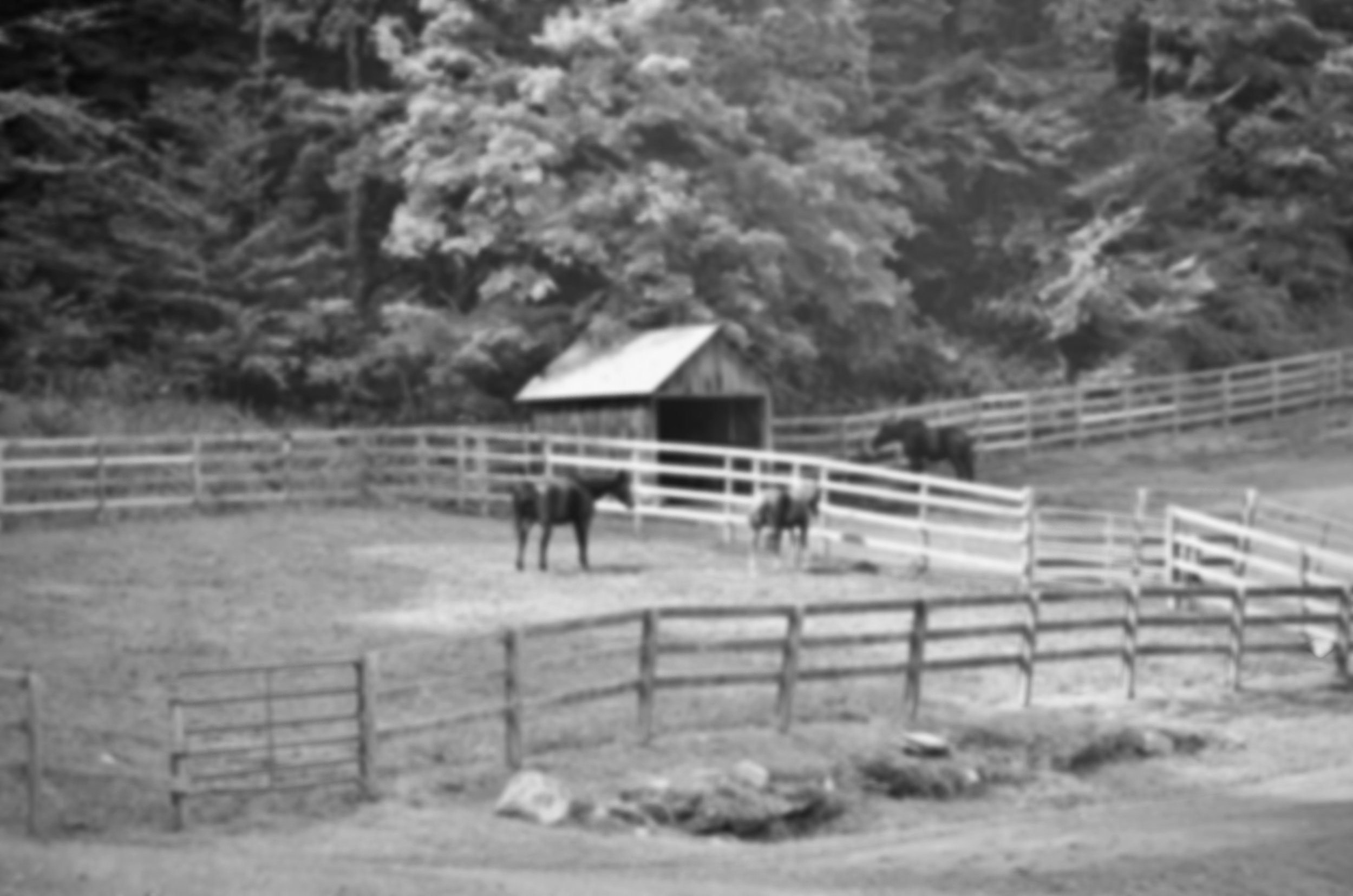
Legacy & Planned Giving
Gifts You Can Make Today or After Your Lifetime
Click on Links below:
Cash
Securities
Real Estate
Life Insurance
Tangible and Intangible Personal Property
Retirement Plan Assets
Savings Bonds
A Gift of Cash
The most common and simplest way for a person to support High Horses Center for Equine-Assisted Services is with cash, usually by credit card or check.
How it Benefits
When you make a cash/check or credit card gift to High Horses today, we all benefit. For us, your generosity helps us to meet our most urgent needs and carry out our mission on a daily basis. For you, as the donor, your benefits include:
The ability to choose how your gift is used
The opportunity to see the results of your generosity immediately
An immediate charitable deduction on your federal income taxes, when you itemize
Document Your Gift
For gifts by check of less than $250, a copy of the check is sufficient documentation. For a check of $250 or more, you should obtain a receipt from the charity. (When donating to High Horses Center for Equine-Assisted Services, you will receive an acknowledgement letter with receipt within a week. Please contact us at 802- (802) 763-3280 if you do not receive one. With online donations, you immediately will receive an acknowledgement email with receipt.
For other contributions (attending special events, etc.) make sure you receive a written acknowledgement of your gift. It needs to include:
The amount of cash contributed
Whether you received any goods or services in exchange for the donation
A description and good faith estimate of the value of any goods or services you received in return
A Gift of Securities
Stock that has increased in value is one of the most popular assets used for charitable giving. Making a gift of stock to High Horses offers you the opportunity to help us receive many important tax benefits for yourself.
A Gift of Stock – How to get started
A stock portfolio is often among the most valuable assets you own and one that can carry substantial capital gain as it appreciates in value. With careful planning, you can reduce or possibly even eliminate federal capital gains tax while supporting High Horses Center for Equine-Assisted Services. Read below to see why a donation of stock can offer even more tax benefits than writing a check.
Donation of Stock – How it works
You:
· Give stock to High Horses Center for Equine-Assisted Services
· Receive an income tax deduction
High Horses Center for Equine- Assisted Services
· Securities are sold by High Horses and the cash proceeds immediately impact the programs of High Horses.
Special Note: A gift of stock must always be given directly to the charity first and never sold by the donor or the donor’s broker. If a donor were to sell the stock him or herself, they will not receive the capital gains income tax deduction.
Gift of Real Estate
Do you have a piece of property that you’re not sure you want to keep? Maybe it’s 50 acres of woodlands that you inherited long ago or a summer home that you no longer visit? How would you like to avoid the hassle of selling that piece of property, never have to worry about getting a fair price, and gain valuable income and estate tax deductions? Then consider using real estate as a charitable gift to High Horses.
How a gift of Real Estate Works:
You can donate your property outright, place it in a trust, or donate it through your will. All of these methods will enable you to enjoy financial benefits while supporting the mission of High Horses Center for Equine-Assisted Services in a meaningful way.
You:
Give property to High Horses
Receive an income tax deduction
High Horses:
Property is sold by High Horses for a Major Gift donation
Gift of Life Insurance
Life insurance is an asset you may not think of donating to a charity like High Horses until you discover its power, practicality and simplicity.
When you own a life insurance policy with accumulated cash value, you’re essentially sitting on a pile of money. When the original purpose for the protection no longer applies, such as to educate your children now grown or to provide financial security for a spouse now deceased, your life insurance can be redirected to help support a worthwhile cause. One option is simply to name High Horses Center for Equine-Assisted Services as the beneficiary (naming us as beneficiary while you retain ownership of the policy, however, it does not qualify you for an income tax deduction). Or, you can name us as the beneficiary and also assign us ownership of the policy as a current charitable gift. Doing so provides you tax benefits as outlined below:
You:
Give the life insurance policy to High Horses Center for Equine-Assisted Services
·Receive an income tax deduction
High Horses:
The policy is kept or cashed in by High Horses
A Gift of Tangible and Intangible Personal Property
Tangible personal property is commonly thought of as an asset that can be touched and moved. Examples of tangible personal property include artwork, jewelry, collections, automobiles, furniture, rare coins and stamps, boats, books, antiques, etc. Intangible personal property are assets that have no inherent physical characteristics such as copyrights, royalties or patents.
A gift of tangible or intangible personal property can be an appropriate gift to High Horses Program. In addition, such a gift can generate a charitable tax deduction. However, a gift of tangible personal property is subject to certain Internal Revenue Service rules regarding the charitable deduction. Specifically, the IRS has ruled that donated tangible personal property must be put to a use 'related' to the purpose or mission of the organization. A related purpose, or use, of a personal property gift must exist in order that the full fair market value of the asset be a charitable deduction. Otherwise, the charitable deduction is limited to the cost basis of the asset.
Gift of Retirement Plan Assets
Do you have money saved in an employee retirement plan, IRA or tax-sheltered annuity? If so, each of these retirement plan assets contain income that has yet to be taxed. Although there are ways in which spouses (and, to a lesser extent, other heirs) can defer taxes on these assets when they delay the date they are to receive the funds, they, too, are subject to income tax when they make withdrawals which can be as high as 39.6%.
Want to get the most value from these assets, protect your heirs from heavy taxes and make an impact to our organization? Consider leaving a portion of your retirement plan assets to High Horses.
How it works:
If you die with retirement plan assets in your estate, those assets are subject to income taxes. This can reduce the amount that normally would be passed to heirs, again, by as much as 39.6%. In contrast, as a nonprofit organization, we are tax-exempt and eligible to receive the full amount and bypass any federal taxes. Income taxes can be eliminated or reduced through a carefully planned charitable gift. Consider these options:
Designate High Horses Center for Equine-Assisted Services as the primary beneficiary for a percentage (1% to 100%) of your retirement plan assets.
Designate a specific amount to be paid to High Horses before the remainder is divided among family beneficiaries.
Make us the contingent beneficiary to receive the balance only if your loved one, as primary beneficiary, doesn’t survive you.
Gift of Savings Bonds
Savings bonds normally are taxed when they’re cashed-in, reissued to another person, or reach final maturity. Fortunately, you can reduce, or even eliminate, income taxes if you were to choose to leave your bonds to High Horses. Although the bonds themselves can’t be directly donated to charity during your lifetime, there are three smart strategies that allow you to use your bonds to support our mission.
Three Charitable Options:
Leave the bonds to High Horses Center for Equine-Assisted Services through your will. Because we are a tax-exempt organization, we will receive the full value of the bonds, which could have otherwise been reduced by up to 39.6% for income taxes. For a small percentage of people, federal estate taxes might also reduce the amount by more than 39.6%
Leave the bonds upon your death to a charitable remainder trust. They will first benefit your selected loved ones with lifetime payments, and then the balance will support our mission.
Redeem your savings bonds and use the cash to make a gift to High Horses. The redemptions will trigger a tax liability to you on the interest income, but if you itemize, you will receive the benefits of a charitable tax deduction to help offset the additional taxable income.
If you think any of these planned giving options might be a good fit or if you’d like to learn more about charitable giving opportunities, please contact Harold Pinkham, Director of Community Impact and Development, at 802-763-3280 or via email at harold@highhorses.org.







